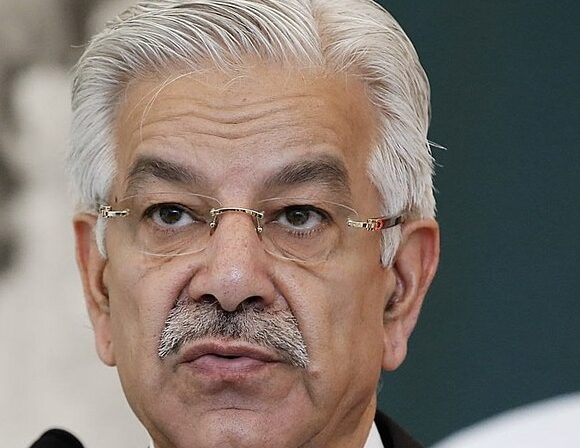
Israel Applauds U.S. Move to Leave UNESCO
Israel has expressed strong approval of the United States’ decision to withdraw from UNESCO. Foreign Minister Gideon Sa’ar described the move as “both necessary and appropriate,” calling it a step toward fairness and justice. He criticised UNESCO for what he called repeated bias against Israel.
Criticism of UNESCO Policies
The U.S. decision comes after concerns over ideological agendas and accusations of anti-Israel bias within the organisation. Israel echoed these points, also referencing UNESCO’s acceptance of Palestine as a full member—seen as conflicting with U.S. and Israeli policy. This will be the U.S.’s third exit from UNESCO, following withdrawals in the 1980s and in 2018.
UNESCO Leadership Responds Calmly
UNESCO Director-General Audrey Azoulay described the decision as “disappointing but expected.” She emphasised that U.S. contributions made up roughly 8% of the budget and said the agency has diversified its funding in recent years. Azoulay reassured that UNESCO’s activities—including work on Holocaust education, world heritage conservation, and the fight against antisemitism—would continue without major disruption.
Diplomatic Impact and Cooperation
By backing the U.S., Israel is sending a message of unity in regional diplomacy. Sa’ar expressed gratitude to the U.S. for its “moral leadership,” stating that the exit reflects shared frustration with perceived unfair treatment in international institutions.
What It Means for UNESCO and Israel
- Financial Impact: UNESCO will lose U.S. funding but aims to manage the shortfall through broader support.
- Strategic Shifts: Israel and the U.S. may collaborate more closely through alternative global platforms.
- Balance of Global Institutions: The move highlights questions about fairness and representation in international organisations, as political tensions continue to influence their operations.
Looking ahead, the U.S. departure may reshape UNESCO’s dynamics, but leadership remains confident in its ability to maintain its core mission globally.


















